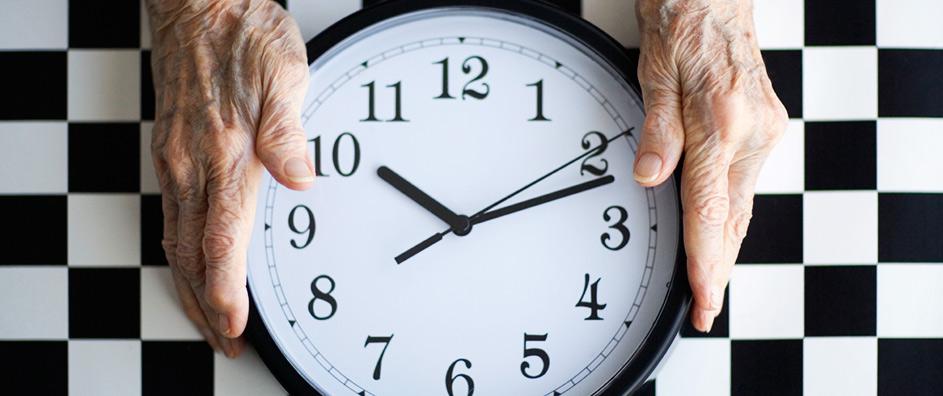In the complex tapestry of human experience, the interplay between emotions and cognition forms a vital foundation for our well-being. One particularly poignant theme within this interplay is the concept of cynical distrust, an emotion that reverberates through personal relationships, societal structures, and even the broader vista of community interactions. This discourse delves into the Bahá’í teachings regarding cynical distrust and its potential ramifications, particularly concerning cognitive decline and the ominous specter of dementia.
Cynical distrust manifests as a pervasive skepticism, where individuals adopt a worldview tinged with apprehension toward the intentions of others. It is an outlook that often shields individuals from perceived threats but simultaneously foments isolation and disconnection. In the Bahá’í perspective, such emotional states may not merely be trivial; they correlate strongly with psychological health, ultimately influencing cognitive faculties. This article seeks to elucidate the ramifications of cynical distrust as delineated through Bahá’í writings and present an opportunity for a transformative perspective on interpersonal relationships.
The Bahá’í teachings posit that humans are inherently endowed with the capacity for love, trust, and unity. These characteristics serve as the bedrock of a flourishing society and are essential for mental acuity. When individuals engage in cynical distrust, they unwittingly create barriers to these foundational qualities, which may have deleterious effects on both their emotional and cognitive health. The teachings articulate that the promotion of trust and the exercise of kindness can significantly ameliorate mental well-being, thereby suggesting a direct correlation between positive emotional states and cognitive resilience.
Furthermore, the physiological underpinnings of cynicism present a compelling case for examination. Research has suggested that chronic stress—including that induced by cynical distrust—can lead to neurobiological changes detrimental to brain health. The release of stress hormones, such as cortisol, has been linked to hippocampal atrophy, a condition associated with memory impairment and various forms of dementia. The Bahá’í writings encourage humanity to transcend negativity, which implies that reframing one’s outlook may possess the power to mitigate these adverse biological outcomes.
Transforming one’s mindset from one dominated by distrust to one characterized by hope and optimism does not occur in a vacuum; it necessitates deliberate action. The Bahá’í approach advocates for community engagement as an antidote to feelings of isolation and disillusionment. When individuals come together in constructive dialogue, they cultivate an environment that nurtures cohesion and mutual understanding. Such interactions are vital, as they not only bolster social networks but also foster emotional states conducive to cognitive preservation. A community imbued with compassion and devoid of cynicism naturally provides a fertile ground for cognitive flourishing.
Moreover, one must consider the far-reaching implications of adopting a more trust-filled approach—not just for individual well-being but for societal transformation. The ripple effect of embracing love and understanding can transcend personal interactions, influencing broader societal paradigms. Bahá’í philosophy emphasizes the interconnectedness of humanity; thus, addressing cynical distrust first requires acknowledging our collective responsibility. Refocusing on shared aspirations and values can ignite a collective movement toward emotional and cognitive restoration.
The notion of forgiveness stands as a pivotal concept within the Bahá’í worldview, posited as an essential mechanism for breaking the chains of cynical distrust. To forgive is to relinquish the emotional burdens tied to past grievances, liberating both the self and the perceived offender from prison-like constraints. Engaging with forgiveness requires an act of will that echoes through one’s interpersonal dynamics, fostering a healthier emotional ecosystem. As individuals work through their unresolved feelings and attain forgiveness, they may witness a marked improvement in their cognitive clarity and emotional stability.
In addition to forgiveness, the practice of gratitude emerges as a crucial counterbalance to cynical distrust. Bahá’í teachings underscore the importance of recognizing and appreciating the positive aspects of life, which can dramatically shift one’s perspective. By cultivating a sense of gratitude, individuals may alleviate the weight of cynicism, paving the way toward enhanced emotional and cognitive health. Gratitude has been linked in numerous studies to lower anxiety levels and improved memory function, reaffirming the significance of nurturing positivity within the mind.
In conclusion, the ramifications of cynical distrust extend far beyond individual disposition, casting long shadows upon both emotional well-being and cognitive health. Through the lens of Bahá’í teachings, one discovers a framework that champions unity, trust, forgiveness, and gratitude as pivotal in reversing the trajectory of cynical distrust. By transforming one’s mindset, individuals possess the power not only to enrich their lives but to foster healthier communities, thereby diminishing the potential risks of cognitive decline. This transformative shift invites the curious to explore deeper connections with themselves and others, nurturing a holistic paradigm that promises to enliven both mind and spirit.
